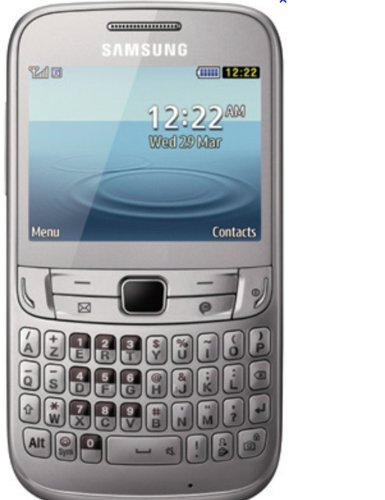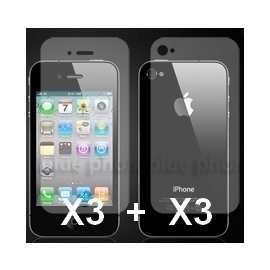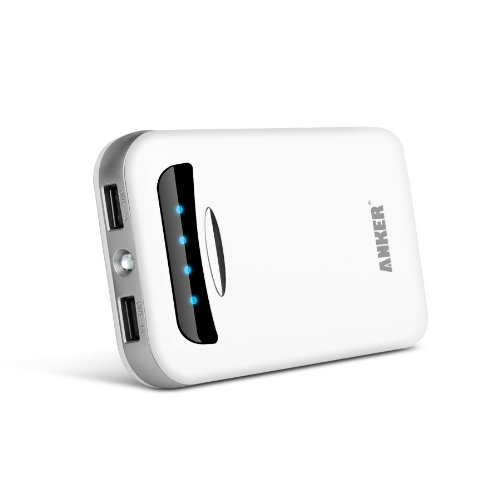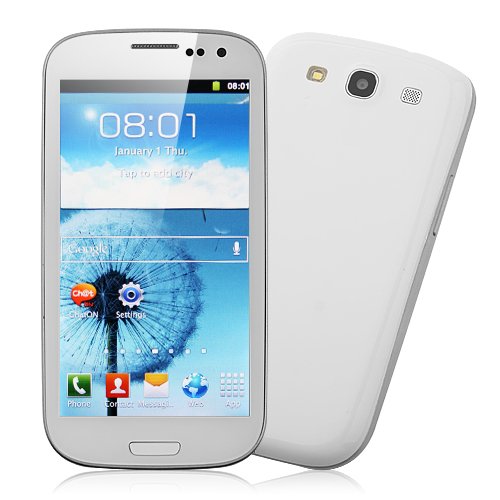
Apple have to play Blackberry, Samsung and other global brands with smart phones with powerful mobile operating systems such as Google Android, Nokia Symbian, Apple iOS, etc, the user, listen to MP3s, snapshots enables equipped, access to the Net and even streaming videos.
A. Turn Off Vibration
Vibration for the notification for incoming calls or messages while in the theater, meetings or other places where it is necessary to set the phone silent are great. In places where it does not matter, it will be better for you to use as your ringtone notification if you want to keep your smartphones more.
Second Dim Your Screen
This tip relates to battery life drastically. It is obvious that dimming your screen of your smartphone to reduce power consumption, as we all have to activate the screen when we use our phones. If our screen is bright lit up every few minutes, when we check our e-mails and so, it will eventually zap battery juice. Auto-Brightness allows the smartphone to adjust the brightness to its optimal level for reading while protecting the battery.
Third Shorten Screen Timeout
In the same way, if you want to minimize the power consumption of the screen of your smartphone, you might consider shortening the screen timeout. This determines how long the screen stays lit after you interact with him finished.
Some of us are not in the habit of 'lock' the phone after we're done with it, we just let go lights out on their own. Keep the timeout time is short to ensure that the phone does not waste energy when not in use.
4th Off during inactivity
Although it is true that turning on your phone consumes more power than unlock your phone for a few hours it can save more battery without that to it on sleep or inactive mode. If you know you're not going to your phone for a longer period, for example if you touch on a sleeping or sitting, you can actually cut down a significant amount of energy when you turn it off easily.
5th Charge the battery properly
Speaking of phone charging, there are basically two types of rechargeable batteries commonly used for smartphones: lithium-ion (Li-ion) and nickel-based batteries, namely nickel-metal-hydride (NiMH) and nickel-cadmium (NiCd).














































